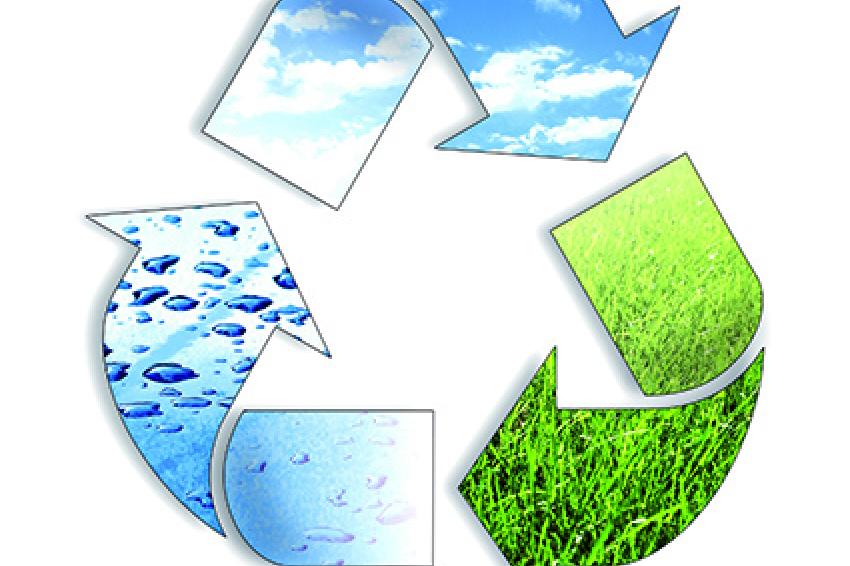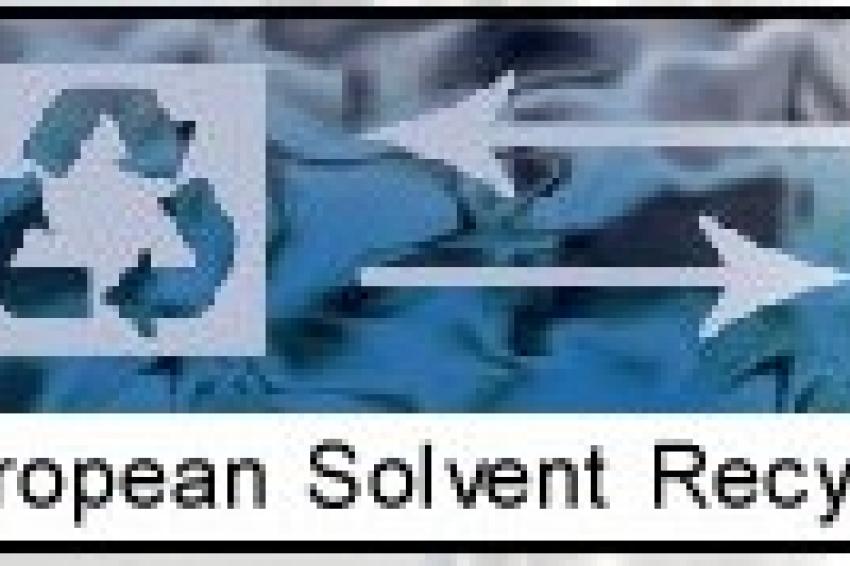Solvent Recycling
ESRG in Support of the EU Environmental Action Plan
The Business Of Sustainability - In the business world and particularly the chemicals industry, much is talked of resource efficiency and sustainable development. Very recently the European Commission has proposed a new Environment Action Programme: "Living Well, Within the Limits of Our Planet" is designed to guide EU environment policy up to the year 2020.
Businesses, however, are probably more focused on managing tough times in a period of economic austerity and downturn, so are these challenges compatible and, politically, should the environment take a back seat? To that question the European Solvents Recycler Group (ESRG) answers certainly not. It has long advocated that the recycling of solvents makes a valuable contribution to resource efficiency and sustainable development.
Key Environmental Issues
In its seventh Environment Action Programme, the European Commission identified a number of key environmental issues and the strength of the underlying problems associated with each issue. These broadly were broken down into three areas:
• Ecological and climate resilience
• Sustainable, low-carbon growth
• Human health and well-being
Particularly important to the chemicals industry under ecological resilience are air and water pollution problems. Sustainable growth focuses on greenhouse gas emissions, resource use and waste generation/management, while human health works on managing chemicals.
In all three areas the recovery and recycling of solvents can readily lead to delivering a positive effect that is both well established and recognized in most sectors of the chemical industry. The benefits of recycling solvents include a high rate of recovery, in the order of at least 75%, meaning that the top up of a process depending on their use is meaningfully reduced to the order of 25% and below. So if all is well here, can we simply say so and forget the matter? ESRG says no and believes that a number of individually well-meaning pieces of EU legislation with principled objectives show that when combined they paradoxically can be counterproductive. To illustrate this we shall consider a number of recent pieces of legislation.
Legal Limitations
The revised Waste Framework Directive (rWFD) (2008/98EU) sets out to encourage reduced waste production and where it inevitably arises to manage it responsibly. To do this it sets out descriptions that outline what waste is, but this can easily lead to legal uncertainty with opinion at a detailed level very variable across the EU member states. Importantly, the question of whether a recovered material can cease to be a waste has recently benefited by the issue of good EU guidance on the interpretation of key provisions of the rWFD, but it still means that for many chemical substances the competent authorities and their opinions vary. This is a critical point if recycled materials are to be freely traded across EU frontiers, for wastes and products are managed very differently.
The rWFD also has a key feature in that it sets out a waste hierarchy convention encouraging after prevention and reuse aspects, the recycling of materials that are then given a priority over energy recovery (combustion) or other disposal options. Deviation is permitted but subject only to a process of Life Cycle Thinking. Undoubtedly highly laudable, but how can this be directed, and uniformly enforced by the member state competent authorities?
Few would dispute that EU chemical legislation has increased dramatically over the last decade and notably so with the arrival of REACH Regulation (1907/2006 EC). While in general terms wastes are not within the regulation (as to do so would conflict with other law) when something stops being a waste and re-enters a new life cycle, the question needs to be asked: "Is REACH applicable?"
Guidance on Wastes and their Recovery
Assuming it is for many chemical substances, a key criterion is, "Has End of Waste been established?"
ESRG together with other industry trade bodies formed the Recycling and Recovery Industry Chain (RRIC), which has lobbied the EU chemicals authority, the European Chemicals Agency (ECHA), to address issues along the supply chain. The latter have provided invaluable guidance on wastes and their recovery and set out special conditions for exemptions from substance re-registration. Nevertheless, many solvent recyclers are small or medium-sized enterprises dealing with recovered chemical streams that do not always fit the precise culture of REACH and classification, labeling and packaging (CLP). Hence a recycled resource can easily remain classed as a waste, or rejected by a potential user, and its value and utility lost.
More recently the Industrial Emissions Directive (IED) (2010/75EC) has brought together and expanded a number of existing directives, including the Integrated Pollution Prevention and Control, Waste Incineration, Solvent Emissions and Large Combustion Plants directives. Importantly, the IED underpins the delivery into practice of a wide range of environmental policies including the waste hierarchy and the setting of pan-EU Best Available Techniques (BAT) principles that are then applied to operating practices and associated emissions. Ensuring that recovering solvents from waste remains a high priority in the concept of the IED therefore presents another challenge for ESRG.
While resource and sustainable objectives are soundly supported, ESRG stresses that legislators need to take on board the need for greater coherence between the technical and legal aspects of the individual statutes giving recycling a more robust opportunity to perform. It is also prerequisite that the 27 member states need to work harder on agreeing on both definitions and standards so that trade can become freer across the community and that resources are not wasted.
Contact
VCH - Verband Chemiehandel
Große Neugasse 6
50667 Köln
Germany
+49 221 2581133
+49 221 2582496






